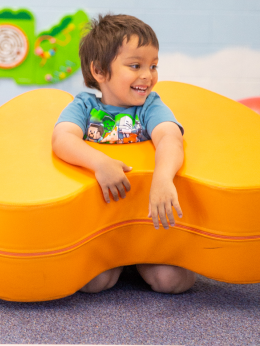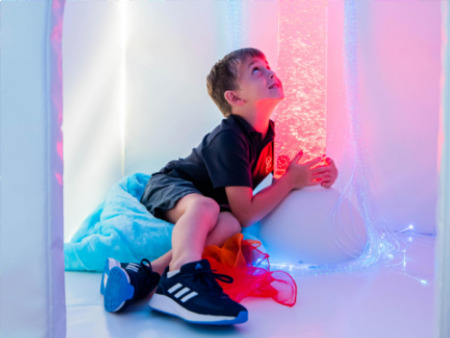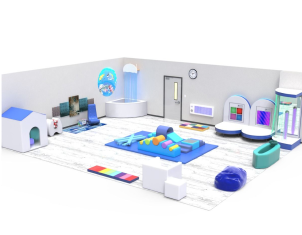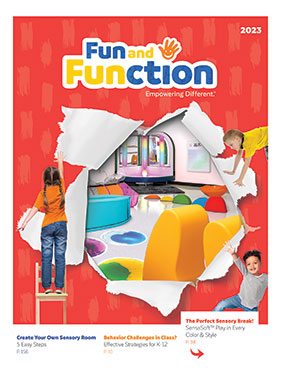Dear Dr. T,
I'm worried about my 6-year-old daughter who is beginning to show signs of what we and the school recognize as low self-esteem: she is very needy and feels unable to 'do' for herself. The way we see the situation, she is a real middle child: totally overpowered by a super-bright, super achieving 7-year-old brother and shown up by a precocious, unbelievably verbal 3-year-old sister. In addition, the 6-year-old is kind of clumsy and not particularly good in anything that her siblings excel at, so it's only natural that she doesn't feel good about herself.
What ideas do you have to help her see herself in a better light?
Dr. T. Replies,
Small children can and do develop feelings of poor self-esteem from an early age, and you are a wise mother to address these feelings now.
As a first step, I want to caution you about buying into assigned roles and positions for each child in the family- such as the idea that one is bright and one is average -lest these views become damaging, self-fulfilling prophesies. Your children are young; the extent of their strengths and weaknesses is yet to be discovered. Furthermore, we are all - even small children- subject to ebb and flow in our lives, times we do better, times worse. It is not in your child's best interest, nor is it accurate, to predict his future ability and capability.
The awareness that the child will continue to grow and develop- while obvious to us adults- is little comfort to the child who feels bad about himself now. Dr. Robert Brooks, a noted psychologist, in his book Raising Resilient Children suggests that each child needs to develop an 'island of competence' -an area where he does well. By having this one talent, the child derives satisfaction from his accomplishment and the positive recognition of others. So, observe your child carefully; be a 'talent scout' and see what you come up with. One small child, for example, loved to color and glitter and turn paper into cards. With some minor guidance, she became the family/neighborhood card- maker, designing a card for every occasion, and non-occasion as well. This child felt good about her role and her art-work, and she basked in the recognition and appreciation of it by others.
Another useful strategy is to help children see a mistake as a learning opportunity, not a defeat. Children, particularly those with shaky self-esteem, are often afraid to act for fear of making a mistake and suffering shame. When a parent projects the attitude that a mistake is simply a mistake, the child feels more ready to take a risk and act. Your child's developing the ability to look at his mistake not as a failure, but as part of the normal learning process is an invaluable gift for now and for the future.
Self-esteem is both an internal process -how we see ourselves, and an external process - how we see ourselves reflected in the eyes of others. Our parents are our first mirror: they see us and then reflect what they see back to us. So, in countless small ways you want to mirror your 4 your old and tell her how loved -hence lovable- she is. Your smile and your warm tone of voice, your spending 'alone' time and you're enjoying her company or 'help' -all these small gestures tell your daughter how special she is. To a four-year-old child, a parent is all-knowing and powerful, so, if you say she is wonderful, it must be true.
A closing note - self-esteem is an evolving, lifelong process, so don't expect a change in a week. But, be assured that your positive feelings for your child, when conveyed to that child on a consistent basis, is the cornerstone for her belief in herself - the beginning of self-esteem.
Dr. Sara Teichman is a psychotherapist in private practice in Los Angeles and Clinical Director of Etta Israel Center, a Los Angeles based center for youth with special needs.



















Comments